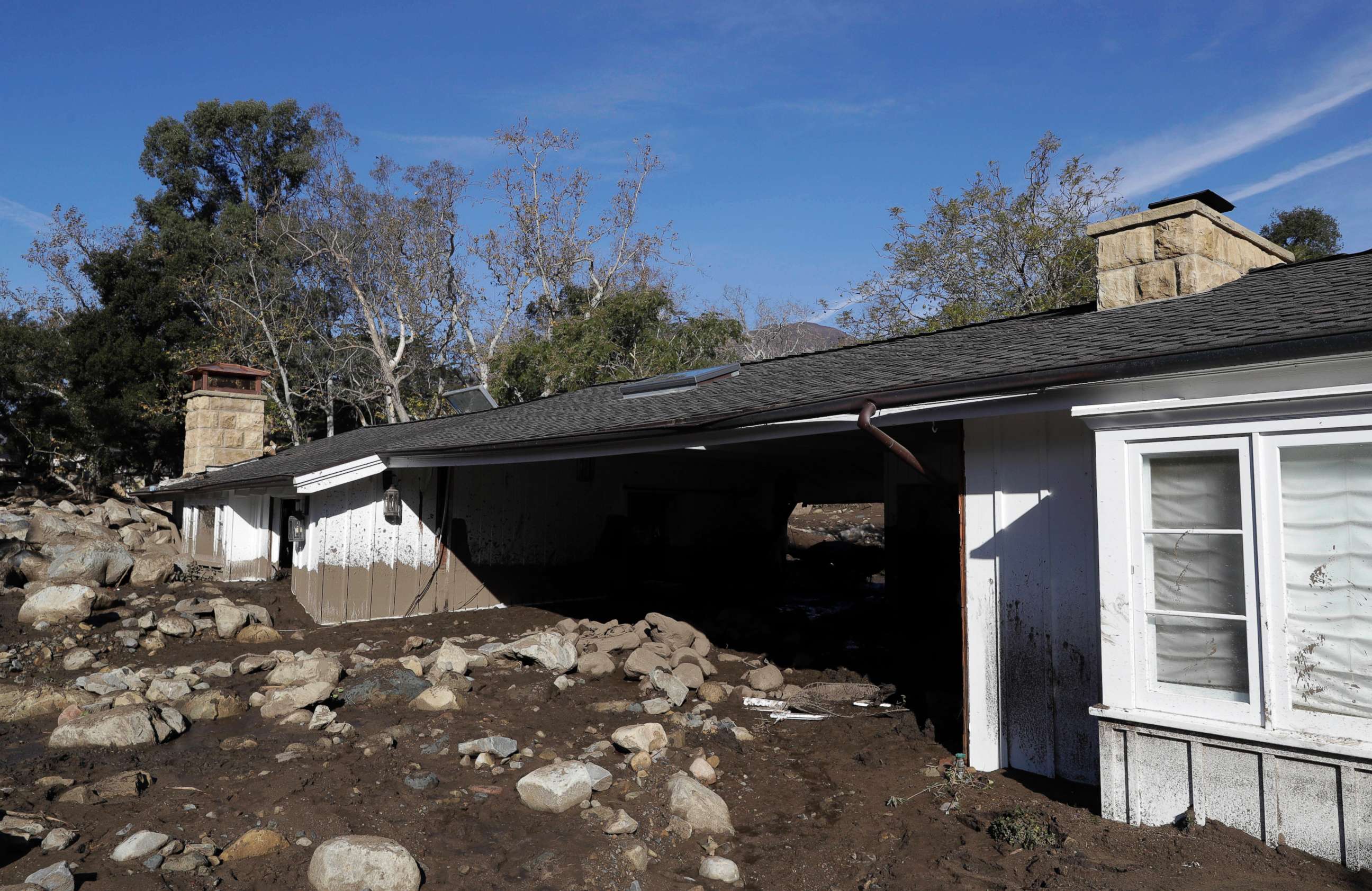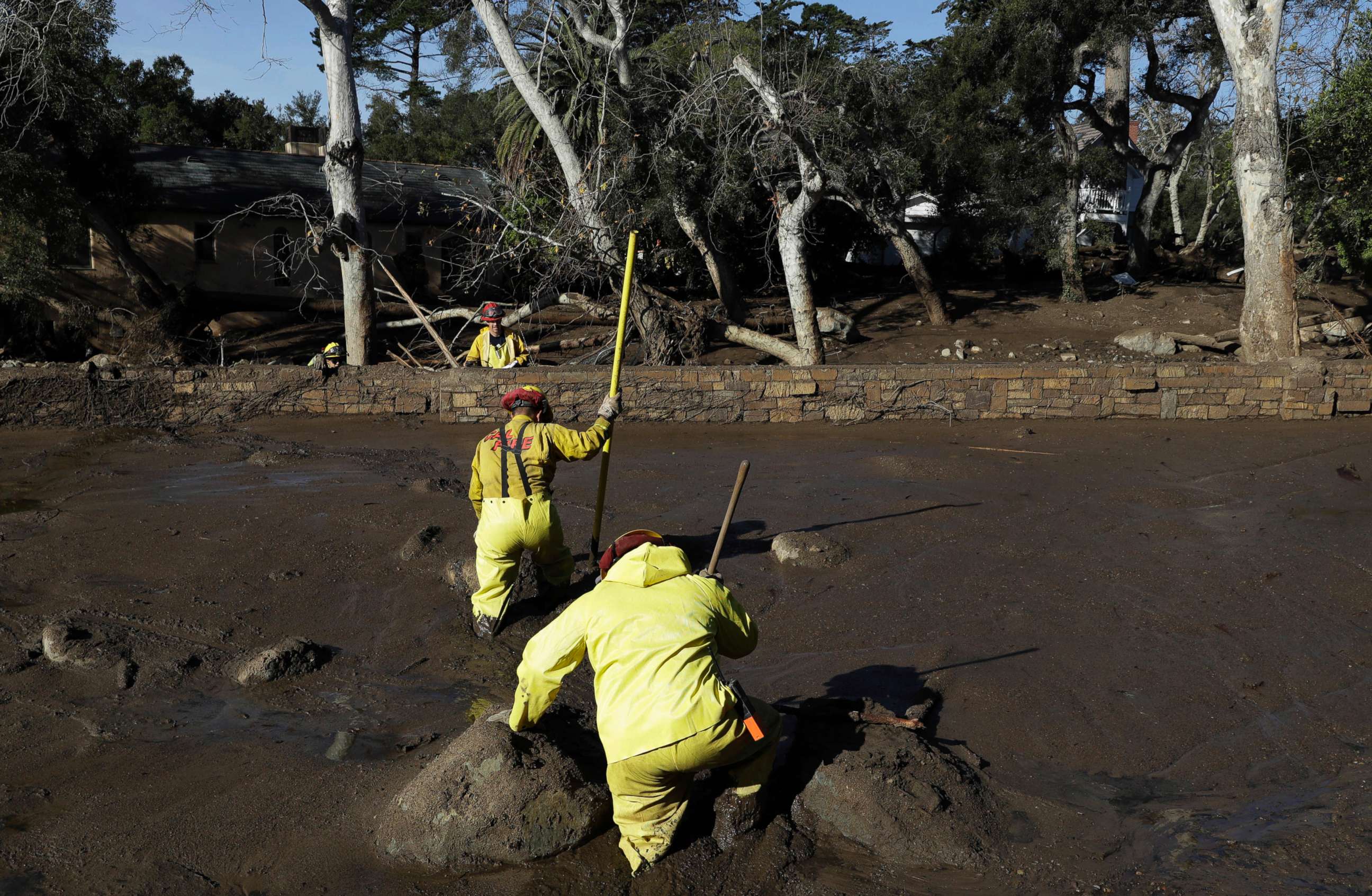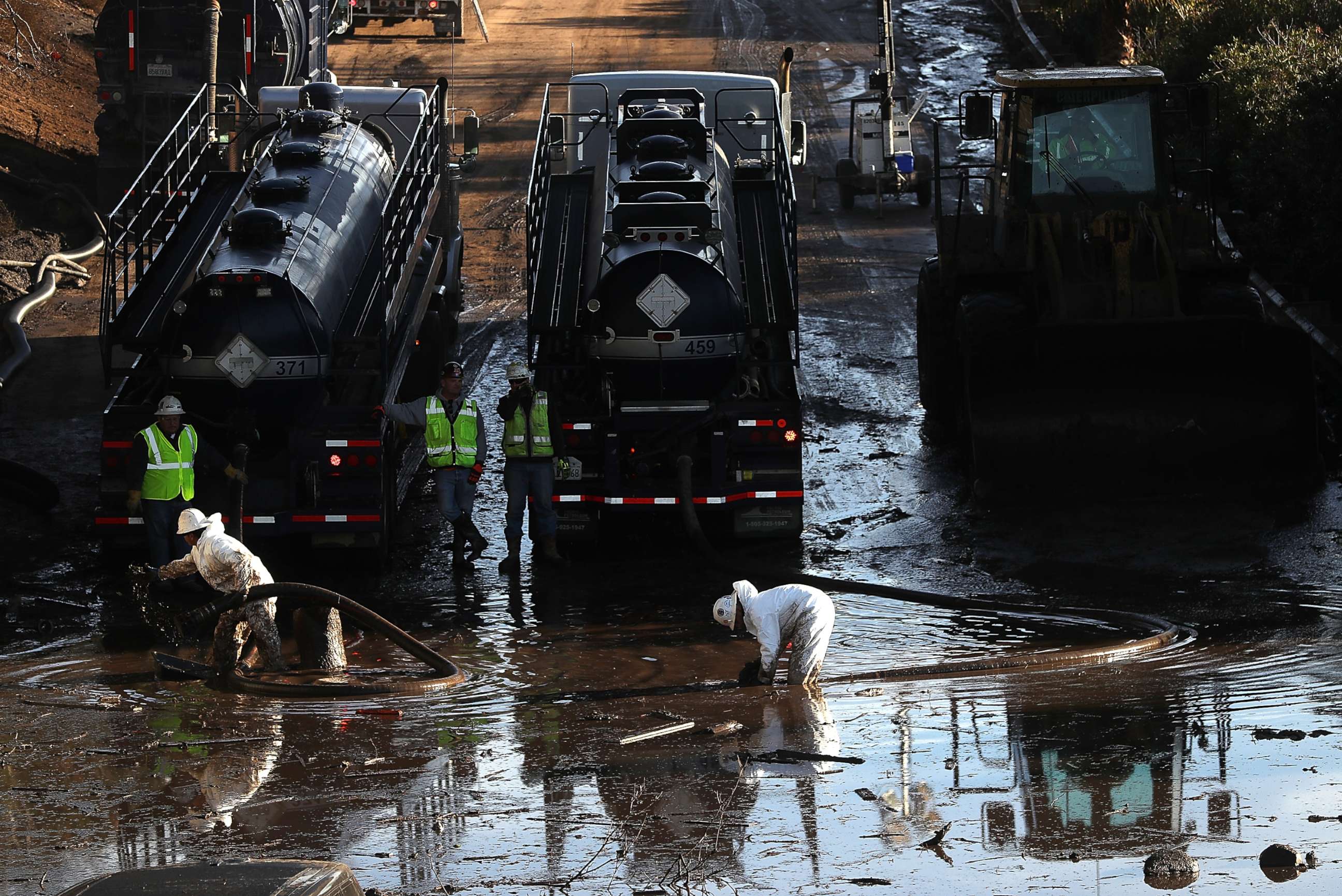Snow, ice and brutal cold on the way to parts of the East
The storm has already brought more than 6 inches to parts of the Midwest.
— -- A storm system will move through the eastern United States this week, bringing a new round of snow, ice and brutal cold along with it.
The storm, an Alberta Clipper, has already brought more than up 6 inches of snow to parts of the Midwest.
Snow fell this morning in Chicago, Indianapolis, Cincinnati and St. Louis, where roads are becoming snow covered and slick.

The cold front associated with the clipper system is forecast to move into northern Texas this evening, changing from rain to freezing rain, sleet and snow, meteorologists said.
"Gusty northerly winds will usher in the arctic air behind the cold front with maximum temperatures forecast to be roughly 15 to 30 degrees below mid-January averages today across the central and northern Plains," the National Weather Service said today.
"Given this is the coldest time of year from a climatological perspective, this translates into highs below zero for much of the Dakotas with below freezing highs as far south as the northern Texas panhandle into northern Arkansas for the day today," it added.

Behind the storm is a brutal cold front, which is expected to make its way into south-central Texas, near Austin and San Antonio, Tuesday, changing from rain there into freezing rain and sleet.
The wintry precipitation is forecast to stretch from Shreveport in northwest Louisiana to Memphis in southwest Tennessee and into the Ohio Valley. Areas near those cities could see some ice accumulations.

The system could bring a few inches of snow along I-95 corridor Tuesday evening from Washington to New York City with more snow expected in areas near Boston.
A winter storm watch has been already issued for most of Massachusetts, just west of Boston and into Vermont.
As for the Arctic air, the coldest temperatures are forecast to hit the Northeast by Thursday morning, but won't be a repeat of the blast that the Northeast experienced earlier this month, meteorologists said.
The cold is not expected to last long, though, as much milder air will move into most of the country by the end of the week.




